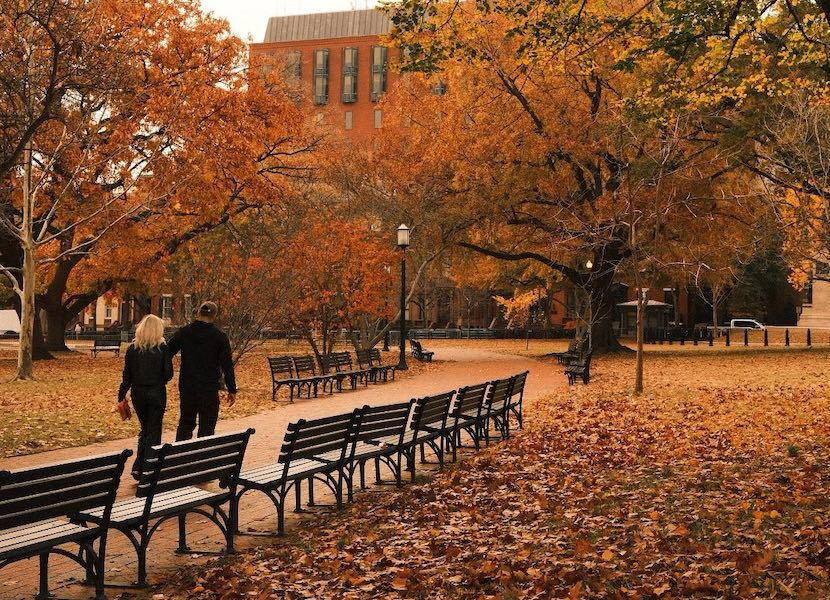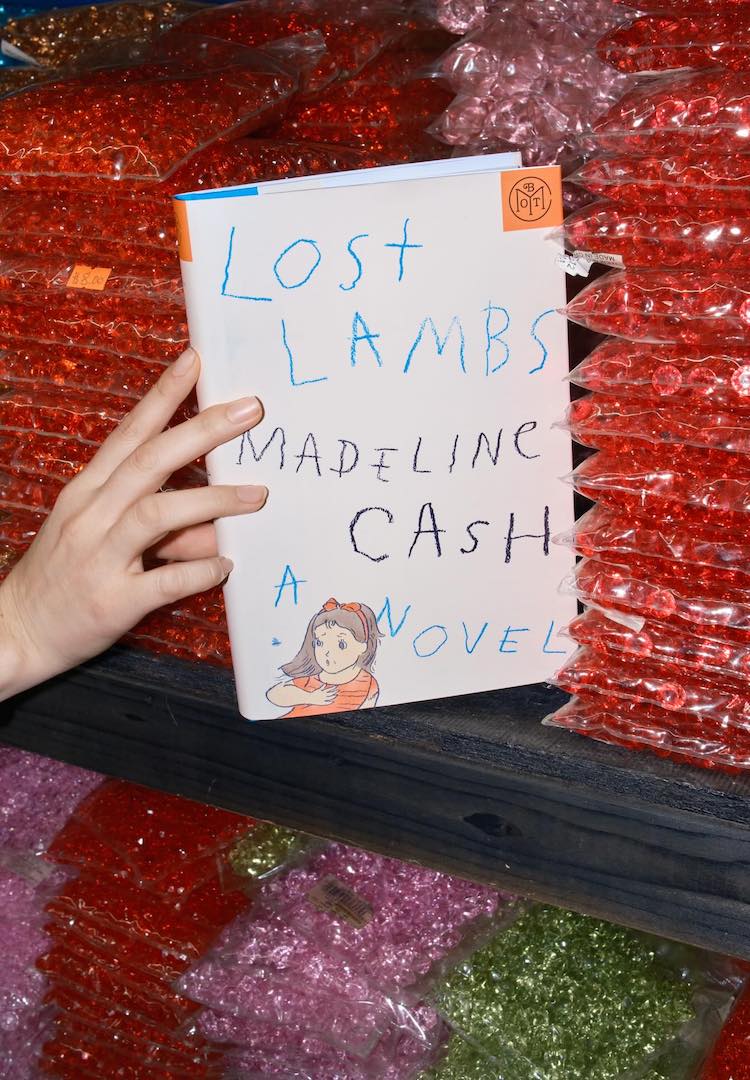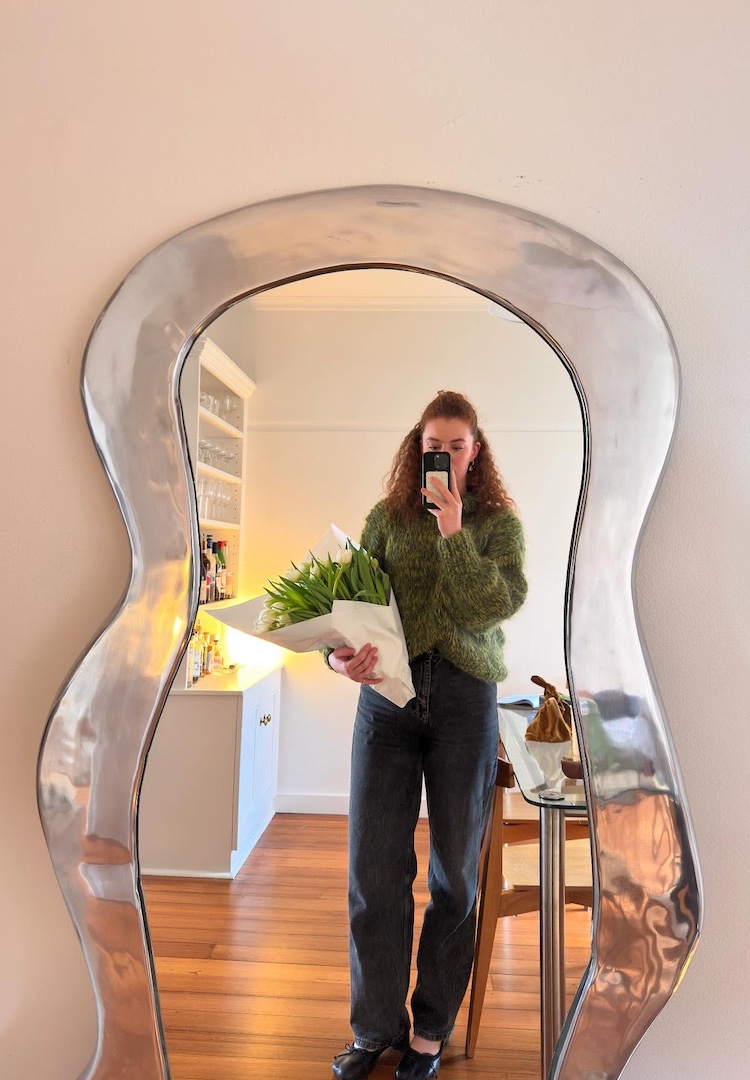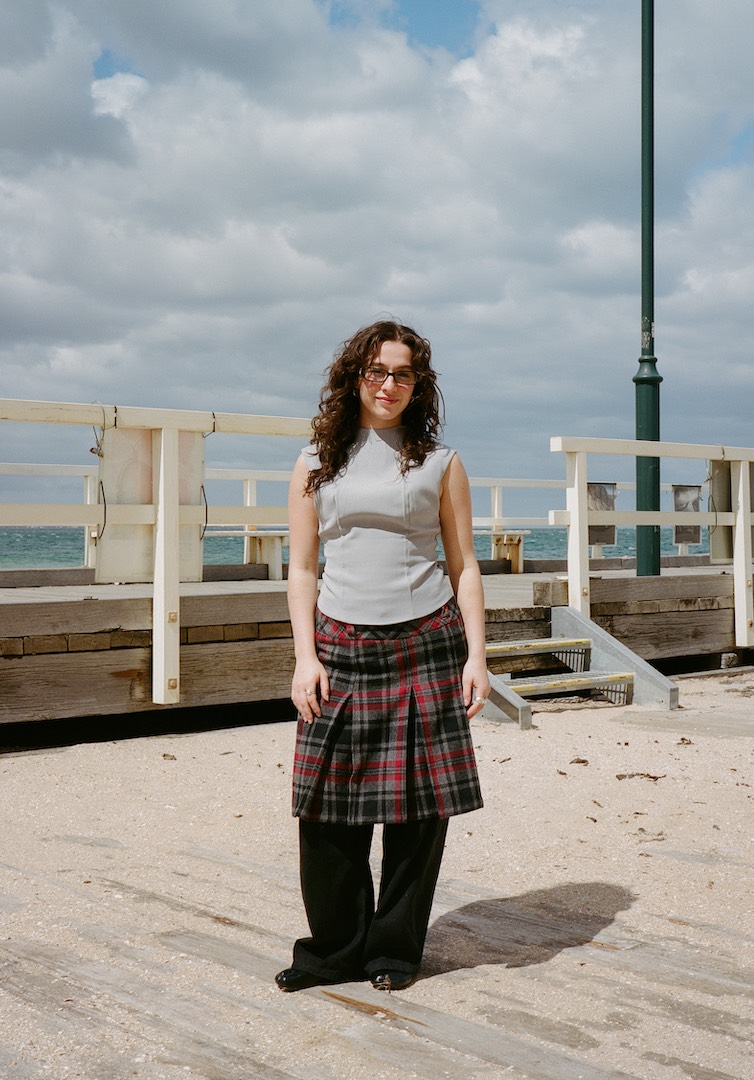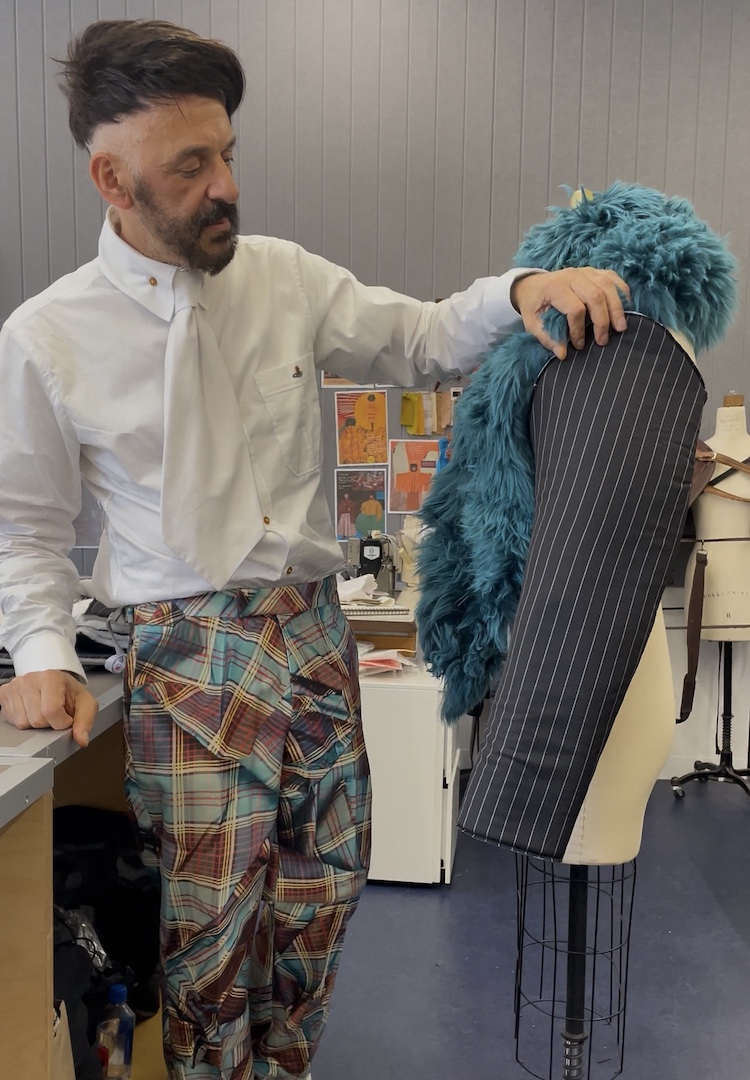When professors date their students: Madison Griffiths explores power and consent
WORDS BY Madison Griffiths
“Desire, and the collateral damage that ensues. Perhaps that is what this story is about.”
This is an edited extract from Madison Griffiths’ new book, Sweet Nothings (Ultimo Press), out now. Find a copy here.
In her courtyard, Rose is pulling the brittle heads of dead blooms from their stalks. She does this with her left hand, as she holds her phone to her ear with her right. Apoplectic with a new kind of rage, she is: pacing about barefoot on the hot concrete of her backyard as her cat peers curiously out the window at her, making note of her movements.
Rose knows that – if she can help it – this will, very likely, be the last time she will speak to Samuel. The quake in her voice thrums bravely, as if now home to something animal, biting. A sad, sentient oaf of a thing, forcing her to give in to its own rigorous pulse, to the knee-jerk mechanics of breath, and spit, and sting. As if, right then, it knew something she didn’t. Or, worse: it knew something she too had always known, which defeated her even more, the truth of him and her so obvious, so plain. So damn unbecoming.
Interested to hear how others navigate the world? Head to our Life section.
‘I called him a pervert,’ she laughs, a little riled as she repeats aloud her chosen poison to me. ‘Can you believe that? A fucking pervert.’
I have surrendered to my desires before. I have placed myself squarely in the eyeline of something fierce and rule-less: a kiss when there shouldn’t have been one, refuge in the wrong person’s sweat. I try to remind myself of this before every interview I conduct as research for this book. I don’t want to be careless or judgemental.
How tempting it would be to lean on lazy, hardened scripts. Run-of-the-mill stories about horny professors, the precocious students they want to hold and the negligence of the institutions they play in. Academic operators who tend to decide, rather hopelessly, how best to tame the garden of weeds they’ve long sown.
I imagine a cartoon rendering of the University of Melbourne shrugging, before saying, in a goofy, old-timey voice: ‘All right, folks! Do we douse our plot in water when nobody’s looking and act astonished – bewildered, even! – when it grows awry?’ Or perhaps something less believable: ‘Do we rip it up and start again?’
Rose is twenty-eight years old when she finds out. That same week, she runs a red light, and the eerie resounding of a tram’s ding – the one that nearly nicked the backside of her car – leaves her feeling funny. She picks a fight with a man outside a pub, in defence of somebody else, just because. She peels her degree from the underbelly of a forgotten box that lives in her garage, barricaded by cobwebs and the spiders who spun them, and counts its paper creases. She combs through a decade-long archive of Facebook messages, screenshots a few, and assembles them together in a pitiful folder of boring affidavits, titling it, Samuel.
And then there are the grossly off-kilter things she does as well, when nobody is around. Like early in the morning, when she presses her eyes firmly together, her fingers traversing about regretfully beneath her underwear. It is then that she pictures him in class, gesticulating with his slender hands. Her mouth slightly ajar when – in her fantasy – he homes in on a pretty blonde with a slight smile and an open notepad, and holds her gaze for a moment longer than the others, longer even than Rose’s, until she keels forward in climax.
Sometimes, after this lonely ritual, and just before catching her breath, she feels as if she might cry. Might let out a dusty excuse of a wail. But she never does.
Desire, and the collateral damage that ensues. Perhaps that is what this story is about. I have conducted many interviews, with many former students. I have listened as each has chosen to unfurl their teacher-turned-lover’s desire, to show me where it starts and ends. To hold it up, as if it is a map of the universe, and they are an eager child gripping a worn crayon, scribbling a chalky line between each planet as it orbits slowly around a greedy sun, only to eventually say to me, ‘You see that one? With its dints, and orbs? Yes, that one was me.’
For Rose, she was the first. Three years into her relationship with Samuel, there were rumours of another. Just last month, a third. Three strikes. Too big, too blatant, for Rose to forgive. He had told her in their last conversation, perhaps foolishly, that he didn’t realise this would affect her as much as it had, ‘this’ being a long-standing proclivity to fall for former students. In a lot of ways, she hadn’t imagined it would either. Can one ever anticipate being made a notch on somebody else’s bedpost?
I was quick to look up Samuel’s name online. He was polished, despite dressing a little offbeat. He had black, tapered eyebrows, nice lips, a keen stare. Hardly eager to please. I had a ferocious impulse to reach out and introduce myself to him. I wanted to ask him if he ever found himself surprised – embarrassed, even – by his tendencies, if they rippled through him softly come the start of semester, come always, or whacked him sore if, and only if, a particular student caught his eye.
I wanted to ask him if desire had jostled him stupid, steered him off course. If he thought himself a fool, or worse, the opposite: a man shamelessly aware of his power and just how to wield it. And then what would I decide? Why did I think it mattered how an impulse as reckless and clichéd as this found him – be it hunched and sorry, or boastful and heady – and whether it left him, when or if it did, in much the same way?
You see, I also wonder about my own proclivities, in a way that any good writer hellbent on understanding her subjects ought to.
Find more from Madison here.







